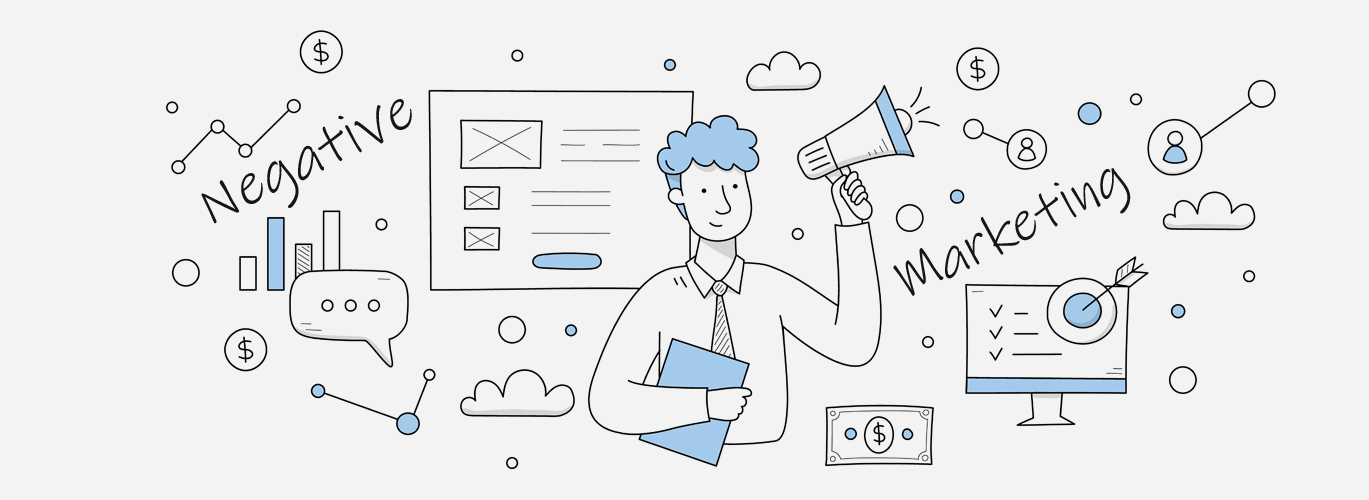When you look around, most of the time you get to see people are online gazing at their phones and interacting on different social platforms. If you haven’t noticed we are all surrounded by influencer marketing. The very foundation of influencer marketing is that it is easier to influence people who are already influenced by someone or something. It identified the individuals that have over potential bias and orient marketing activities around these influences. Influencer marketing focuses on using leaders or influencers to drive a brand’s message to the targeted market.
There is some overlap between celebrity endorsements and influencer marketing campaigns. Influencers are specialists in their particular niche and have established a high level of trust and two-way communication with their follower basis. Their audience trusts that their endorsement of a product or brand comes from a well-researched, more holistic place rather than something as simple as a signed contract.
Influencer marketing may be trendy right now but it isn’t new at all. It has been taking place for a long time. Its change in the communication platforms has been mind-blowing.
Influencers typically have solid followings and a notable impact within their online communities and networks. They usually play the roles of content writers, journalists, bloggers, CEO’s, creative people, entertainers, advertisers or advisors. They are linked to other people around them and are looked to for advice and opinions and are regarded as influential.
When an influencer shares information or posts an update, it will be read and followed by a large number of people. That is where business benefits lie. If these influencing personalities speak for your brand then your business will reach out to the followers. This is a powerful method to influence the purchasing decisions of customers.
Why is influencer marketing popular?
Influencers are actually easing their lives out. They are doing the job of many agencies combined into one person. Influencers are becoming the creative agencies, as they come up with the creative concepts for those specific brands. They become the talent agencies as they themselves become the actors or talents within that context piece. They are helping brand marketers to achieve the top three goals of any marketing campaign,
-
1
Brand awareness
They are helping these brands achieve and get more eyeballs as this is what every brand wants.
-
2
Lead generation
This is extremely important. They are helping to convert these eyeballs to potential future customers.
-
3
Advocacy
The kind of trust and loyalty that these influencers have built over years is now going to rub off on the brands that they work with.
How to create an influencer marketing strategy
Here are some steps to set up a successful influencer program for your brand.
-
1
Determine your goals
First thing with any good marketing strategy is to outline your goals. Determining what you want to achieve in your influencer marketing will support you to develop a smart strategy all through your campaign. It will also help you to understand the metrics that you should track to measure your campaign’s success.
-
2
Understand who you’re trying to reach
To organise a successful influencer marketing campaign, you will have to reach the right people at the right time using the right tools and the right influencers.
To know who you’re trying to reach with your campaign, you will have to develop audience personas like knowing specific details about their age, interests, geographical locations and many more. -
3
Consider the 3 Rs of influence
Influence is measured by these three factors:
Relevance : The appropriate influencer for your campaign is one that posts content that is apt for your industry and brand. Their audience is required to match your target audience.
Reach : This is the number of people that could actually see your content through the influencer’s audience base.
Resonance : This refers to the determined level of engagement the influencer can get with an audience that aligns with your brand.
-
4
Shortlist influencers
The key to an effortless partnership with influencers is trust. Any person you choose to partner with must have the trust and respect of your audience. The results you get likely won’t have a positive impact on your business without trust. So keep in mind and find these kinds of influencers and shortlist them.
-
5
Make sure to research
It doesn’t mean that once you have your shortlist your research ends. There’s still more to do.
Inspect how frequently your potential influencers are posting sponsored content. Their engagement rate might be superficial, if they’re sharing tons of paid content. So check out for loads of non-paid content and see if they have the same levels of engagement on those. -
6
Build effective content with your influencer
A social media influencer who worked hard to set up their brand will not accept an offer that can risk their authenticity. So it would be better if you provide some rules/guidelines about what you need, but leave them to the actual content creation process. Never try to micromanage the whole campaign.
-
7
Measure your results
When you establish your influencer marketing campaign, you may feel a little miserable by the number of likes and comments your branded content gets, especially if your influencer has a very large following. But likes and comments don’t do much for your brand as they are vanity metrics.
You need to measure your actual return on investment (ROI) to measure how effective the campaign is.
What works in influencer marketing?
To begin with you need a strategy, a budget and research. You then need to decide on how to find the influencers this could be organically or through paid online platforms or an agency. The key thing to remember is you need to be human and you need to be patient. Here you are communicating with individuals and not a business. So try to keep it real.
Types of influencer marketing campaigns
-
1
Barter
This is usually when a brand sends you some kind of merchandise or product and in exchange of that you give them a social media deliverable. There is no monetary compensation involved in these kinds of campaigns.
-
2
Affiliate marketing
In these kinds of influencer marketing campaigns, the brand gives you a certain kind of coupon code, which is unique to that said influencer and every time there is a lead generated through that coupon code, the influencer gets a certain commission for that.
-
3
The fixed fee model
This happens when the brand usually pays an upfront fee to the creator in exchange for a few social media deliverables. This usually happens when the creator has built a certain level of influence over their audiences and the brand is comfortable paying that upfront fee without any variable model involved.
The bottom line is no matter how many claims a brand makes, the decision of the buyer is hugely influenced by who tells it to them. That’s where influencer marketing is the tool most of the companies are adapting.






